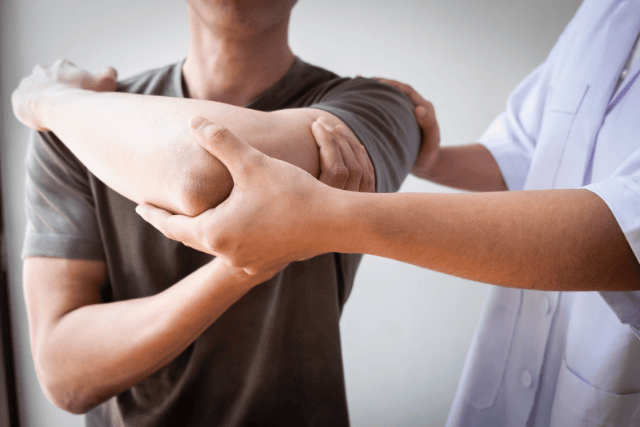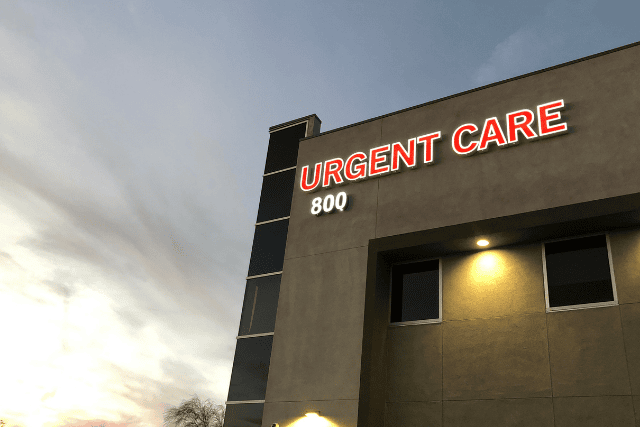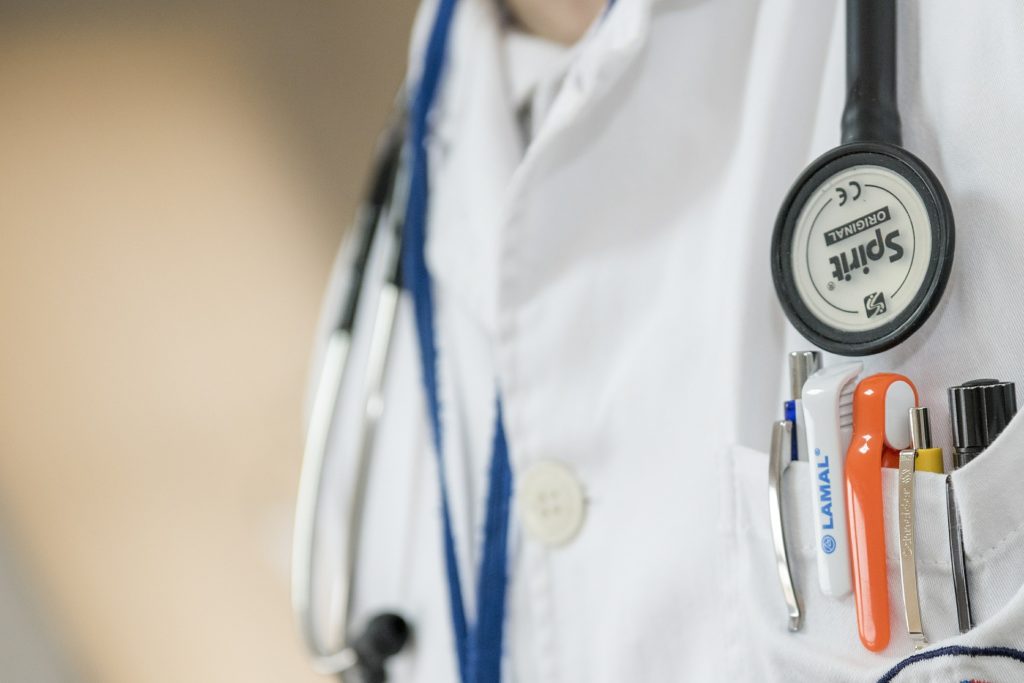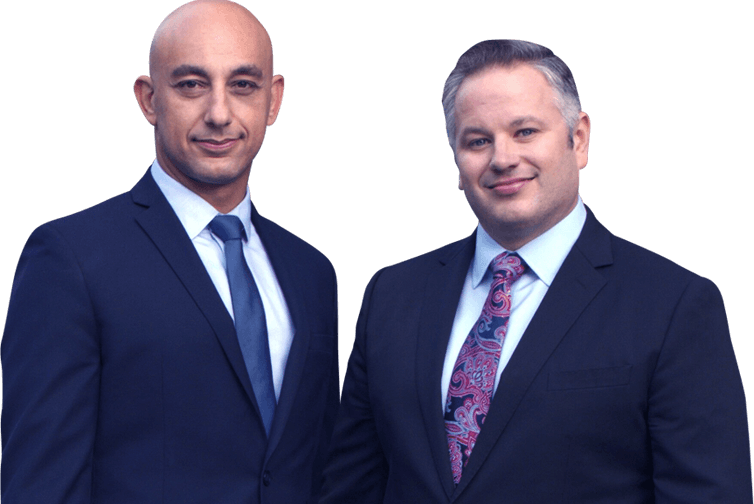Your health and your claim could be at risk if your doctor refuses to treat your accident injuries.
Even if your car accident injuries seem minor, getting prompt medical attention is crucial—for your health and your claim. Some injuries may worsen over time without treatment, potentially leading to long-term complications. Seeking medical care immediately after your accident not only helps safeguard your recovery but also strengthens the value of your auto accident claim.
But what happens when your trusted primary care physician refuses to see you? As surprising as it may sound, your family doctor may not want to get involved in an accident case. Here’s why this happens and how you can still protect your health and your legal rights.
Why Some Doctors Refuse to Treat Car Accident Injuries

Federal law requires hospital emergency rooms to treat individuals regardless of their citizenship, legal status, or ability to pay. However, this law does not apply to private doctors’ offices or clinics. Primary care doctors have the right to choose which patients they see, and some may decline accident-related cases for various reasons:
- Lack of Specialization: Car accident injuries often involve conditions like bone fractures, traumatic brain injuries, or spinal damage, which typically require treatment from specialists such as orthopedists or neurologists.
- Insurance Complications: Accident-related treatments may involve multiple insurance companies, and health insurers sometimes reject claims for such injuries. This creates additional administrative work, leading some doctors to avoid these cases altogether.
- Legal Concerns: Treating accident victims might involve giving depositions, testifying in court, or responding to subpoenas for medical records. Many physicians prefer to steer clear of potential legal entanglements.
Recommended Reading: What is MedPay?
The Importance of Getting Prompt Medical Care

After an accident, your health and legal claim depend on timely medical care. Even if you feel fine at the scene, some injuries, like internal bleeding or whiplash, may not show symptoms immediately. Here’s why acting quickly is essential:
- Protect Your Health: Delaying treatment can cause injuries to worsen, potentially leading to chronic pain or permanent disability.
- Strengthen Your Claim: Medical records created immediately after an accident provide vital evidence for your personal injury claim. These documents prove the connection between the accident and your injuries, making it harder for the at-fault party’s insurance to deny compensation.
If you’re asked by the responding officer at the accident scene whether you’ve been injured, don’t hesitate to say you’d like to be checked by a doctor. And if your injuries are obvious, seek emergency care right away.
Getting Medical Attention If a Doctor Refuses to Treat Accident Injuries

If your primary care doctor refuses to treat you, there are still ways to get the medical attention you need:
- Emergency Rooms and Urgent Care Centers: These facilities can provide immediate care. While you may need to pay out-of-pocket initially, these costs can be reimbursed through a successful injury claim.
- Specialist Referrals: Ask your primary care doctor for a referral to a specialist experienced in treating accident-related injuries.
- Recommendations from Family and Friends: Personal referrals can help you find a trusted doctor.
- Consult a Personal Injury Lawyer: A personal injury attorney can connect you with physicians who understand accident injuries and the documentation needed for legal claims.
What to Look for in a Doctor
Finding a doctor with experience in accident-related injuries is key to both your recovery and your claim. Consider the following:
- Experience with Accident Injuries: Ensure the doctor has treated car accident victims before and is familiar with the specific medical and legal documentation needed.
- Comprehensive Documentation: The doctor should keep detailed, accurate records of your injuries, treatments, and progress, including photographs, X-rays, and reports. This documentation is crucial for proving your claim’s validity.
- Third-Party Billing Systems: A doctor experienced in handling accident-related cases should have systems in place to accommodate third-party billing and letters of protection.
- Willingness to Testify: Some cases may require the doctor to testify or provide a deposition. A physician familiar with the legal process can be an asset to your case.
How a Letter of Protection Can Help
A letter of protection, issued by your personal injury attorney, creates an agreement between your lawyer and your doctor. This agreement ensures that your medical bills will be paid from your settlement once your case is resolved. This arrangement allows you to receive necessary treatment without upfront payments, alleviating financial stress during your recovery.
Important Note: Letters of protection are typically only available in cases where the injured party is not at fault. Consult your lawyer to explore whether this option is right for you.
Recommended Reading: Does Health Insurance Take a Portion of Settlements in California?
Speak to an Experienced Personal Injury Lawyer

If you’ve been injured in a car accident caused by someone else’s negligence, don’t let obstacles like a doctor’s refusal jeopardize your health or your claim. At El Dabe Ritter Trial Lawyers, we can connect you with experienced doctors, guide you through the legal process, and fight for the full compensation you deserve.
Call us today or fill out the form below to schedule your free consultation. Your health and financial recovery are our top priorities.
Fill out our form today to schedule your free consultation and take the first step towards justice.

